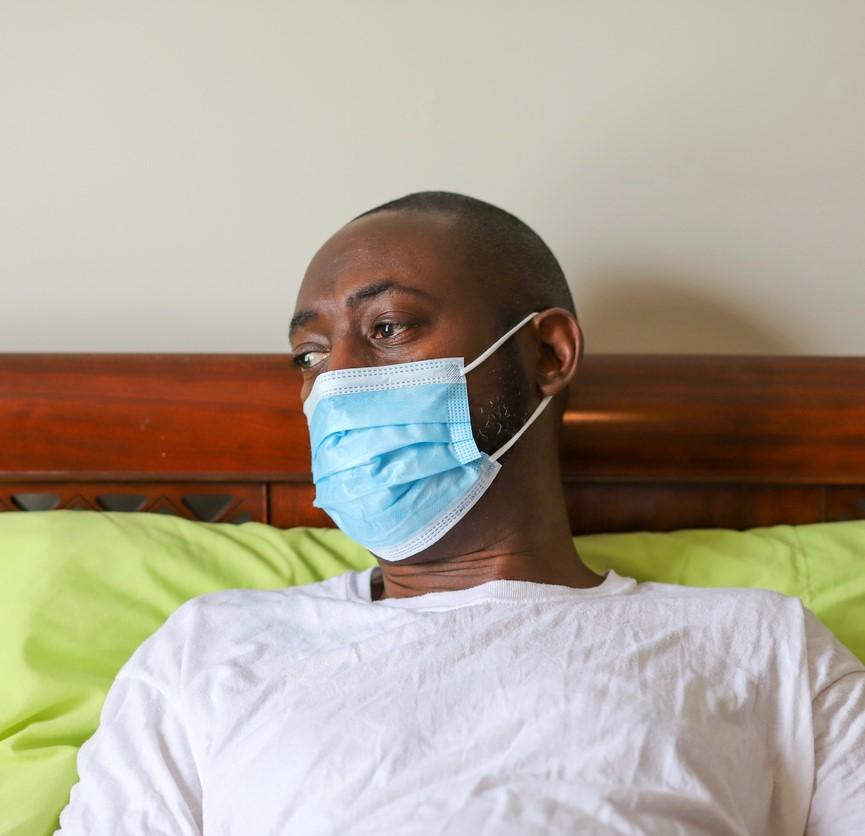Acute kidney injury (AKI) and its attendant almost-seven-times-higher risk of death is common in US veterans hospitalized with COVID-19—especially black patients, an observational study published yesterday in the Clinical Journal of the American Society of Nephrology suggests.
A research team led by the VA Saint Louis Health Care System and Washington University analyzed data from 5,216 patients in Departments of Veterans Affairs Health Care System hospitals from March to July. While previous studies have linked COVID-19 with AKI, this was the first known nationwide study in veterans.
Of the 5,216 hospitalized veterans with COVID-19, 1,655 (32%) had AKI, of whom 58% had Kidney Disease Improving Global Outcomes stage 1 disease, 13% were in stage 2, and 16% were in stage 3.
COVID-19 patients with AKI were 6.5 times more likely than their peers to require mechanical ventilation and stay in the hospital an additional 5.6 days. They were also 6.7 times more likely to die of their illness, a link that was particularly strong in blacks. Of the 832 veterans with coronavirus who died, 559 (34%) had AKI, compared with 273 (8%) of those who didn't.
Two-hundred-one of 1,655 patients with AKI (12%) required kidney replacement treatments such as dialysis. But during the study period, rates of AKI fell from 40% to 27%, and numbers needing kidney replacement therapy declined from 44% to 17%.
There was significant geographic variation in rates of AKI, ranging from 10% to 56%, with higher rates seen in areas in which hospitals cared for higher proportions of black veterans. The authors said that the proportion of black patients explained 31% of the geographical variation in AKI rates and 49% of the variation over time.
Eighty percent of veterans with AKI developed it in the first day of hospitalization, and 47% were still experiencing kidney dysfunction when they were released from the hospital, as evidenced by serum creatinine concentration.
Lifelong kidney dysfunction
Other factors predisposing patients to AKI included older age, male sex, obesity, diabetes, high blood pressure, and lower kidney function, as evidenced by estimated glomerular filtration rate. The use of diuretics and angiotensin-converting enzyme inhibitors and angiotensin receptor blockers in the 30 days before hospitalization was also associated with an increased risk of AKI.
The researchers noted that the racial disparities seen in the study likely reflect differences in exposure to social, economic, and environmental factors and other stressors that pose a higher risk of AKI and its sequelae.
Coauthor Ziyad Al-Aly, MD, of the VA Saint Louis Health Care System, said in an American Society of Nephrology press release that the study findings show that many veterans face the long-term consequences of unresolved AKI, such as progression of chronic kidney disease, along with higher healthcare resource use.
"It was also striking to see that nearly half of the veterans with AKI left the hospital with unresolved AKI—meaning that they will likely need long term follow up and care, they will also likely suffer long term consequences lasting their lifetime," he said. "Their kidneys are scarred by COVID-19."





















